The Doctor Who Dreamed Beyond the Scalpel
The Journey of Dr. Anil Shrestha, Nepal Advisory Board Member
By Naresh Newar
A Father's Dream, A Son's Calling
Dr. Anil Shrestha muses that his journey to medicine was written in the stars well before he was born. His father aspired to become a doctor, but his dream was unfulfilled. "My father went to get admission in medical school in Patna, India, but couldn’t get through," Dr. Shrestha recalls. "It became his mission that one of us—his sons, nephews, or nieces—would don that white coat." That dream fell upon Anil, the youngest son, who enthusiastically embraced it. He enrolled at Calcutta Medical College, diving into the world of medicine that would one day shape not just his life but also the healthcare landscape in Nepal.
Freshly graduated, Dr. Shrestha hoped for a comfortable post in his hometown, Kathmandu. Instead, he was assigned to Jumla, one of Nepal’s most remote and underdeveloped regions. “I said, ‘For me, anywhere outside Kathmandu is remote,’” he laughs. But that journey to Jumla would prove transformative. "It was an eye-opener. I had no idea what rural Nepal was really like. When I reached Jumla, I asked myself, ‘Why do we become doctors?’ It’s because we have to make a difference."
Beyond the X-ray: treating a whole patient
The moment that would forever shape his approach to medicine happened at a government-run medical camp. An injured man had journeyed from a remote village all the way to Kathmandu for surgery, selling his land to pay for it. He needed to remove his implants but faced the grim reality of having to sell more of his land to afford the procedure. "I thought to myself, ‘We treat the X-rays, but we don’t treat the patients.’ What good is a perfectly functioning hand if this man could no longer have a land to plow?" That encounter made him think that healthcare should look beyond the symptoms and the diagnoses and consider the socio-economic realities of patients.
From then on, Dr. Shrestha made it his mission to provide care that didn’t just fix bodies but also addressed the underlying factors affecting people’s lives. This became the foundation of his life's work and the seed from which the Nepal Orthopedic Hospital would grow.
Building Hospitals Out of Dreams
After co-founding the Nepal Orthopedic Hospital in the 1990s, Dr. Shrestha’s career as a surgeon also evolved into becoming a social health entrepreneur. His vision was simple but bold: a hospital that could provide high-quality orthopedic care at affordable prices. But what he found when he arrived at the site was anything but promising. "It was just two blocks of a one-story building," he recalls. "They said, ‘Here’s the hospital. Run it.’ But buildings don’t make hospitals. You need doctors, you need equipment, you need patients."
Conceiving a bold plan and garnering the support of friends and international donors, Dr. Shrestha started with 15 beds, providing care to anyone in need, regardless of their ability to pay. "My goal was to make our hospital self-reliant and make it sustainable. Initially, 93% of our operating expenses were covered by international donors. In less than ten years, it was the reverse. About 93% came from internal revenue." Today, it is self-sufficient, and its mission remains unchanged: nobody will be refused care because of inability to pay. Over the past 25 years, it has given more than $1 million in charity care.
His job was far from over. Realizing how desperate the need for spinal care was in Nepal, Dr. Shrestha co-founded the Spinal Injury Rehabilitation Center in 2001, offering holistic treatment to paraplegic and quadriplegic patients. It was a leap of faith that started with a few friends, a handful of nurses, and no specialized doctors. "We just knew the need," Dr. Shrestha says, “and thought, why wait? You start small, and if you’re doing well, others will help you."
A New Chapter: Collaborating with One Heart Worldwide
After years of building hospitals from scratch, Dr. Shrestha’s journey took another turn when he was asked to join the Advisory Board of One Heart Worldwide, whose mission—to reduce maternal and neonatal mortality in Nepal’s most underserved areas—deeply resonated with him. He had long believed that healthcare in Nepal needed to reach the farthest corners and OHW’s model of working with local governments to deliver comprehensive care aligned with his own philosophy on healthcare.
"I used to think, like many, that the government didn’t do anything. That we had to step in where they failed," Dr. Shrestha admits. "But after my work with Nick Simons Institute, I realized that by working with the Government, we could achieve four, five times more. That’s exactly what One Heart is doing—working to strengthen the health system, not parallel to it."
As a Board Member, Dr. Shrestha continues to guide One Heart in an advisory role and looks forward to contributing to its future projects. He is particularly proud of their district-focused Network of Safety model, which emphasizes deep, sustained engagement over six years, ensuring long-term impact rather than short-term fixes.
Leadership Rooted in Humility and Trust
Dr. Shrestha’s approach to leadership is as grounded as his approach to medicine. He never studied leadership in a classroom; instead, he learned by experience. "Humility is key. I don’t know if it works for all Nepalis. But it helped me," says Dr. Shrestha. He stays close to the people–doctors, nurses, even cleaners. “This,” he says, “fosters a sense of unity and trust that's essential in difficult times.”
He recalls a time at the Orthopedic Hospital when funds were so tight that salaries couldn’t be paid. "I was transparent about it," he says. "We didn’t hide anything. And the staff worked without pay for two or three months. That’s the kind of trust we had." His leadership was never about control; it was always about enabler-ship. After a decade at the hospital, Shrestha stepped down as Medical Director after ten years, knowing that the institution would continue to do very well without him. After stepping down, he stayed at the hospital for eight more years to work as an Orthopedic Surgeon and eventually moved on to join the Nick Simons Institute.
Dreaming Big for Nepal’s Healthcare Future
Dr. Shrestha has a vision to open centers for spinal rehabilitation across all seven provinces of Nepal to give specialized care to the most in need. But more than that, he wants a health system where each district's hospital is adequately equipped and functional, thereby discouraging the movement of patients to Kathmandu for even the simplest of medical services. "If we focus on these 77 district hospitals," he says, "we really can change the face of healthcare in Nepal."
His message to the next generation of Nepali doctors and social entrepreneurs is: "You don't have to wait until everything is perfect to get started. All you need is an idea, and if you see a need, jump into it." He adds, "Start small, and you will always have people to help if you’re passionate and clear about your goals."
A team effort: Not one person's achievement
Dr. Shrestha's story is one of quiet determination. He is not a man seeking the limelight. On the contrary, he avoids it. He is quick to credit others for his achievements–his team, his donors, his partners."When you build an institution, don’t think it’s yours," he says. "It belongs to everyone who helped along the way." And yet, it’s impossible to ignore his profound impact on Nepal’s healthcare system.
Through his work at the Orthopedic Hospital, the Spinal Rehab Center, Nick Simons Institute, and now One Heart Worldwide, Dr. Anil Shrestha has been a healthcare leader and contributed to efforts that have saved and will continue to save innumerable lives. He has equally inspired a new generation to look beyond profit toward purpose. Dr. Shrestha’s legacy does not stop at the institutions he founded but extends to the idea that healthcare is caring for the whole person: mind, body, and soul.





